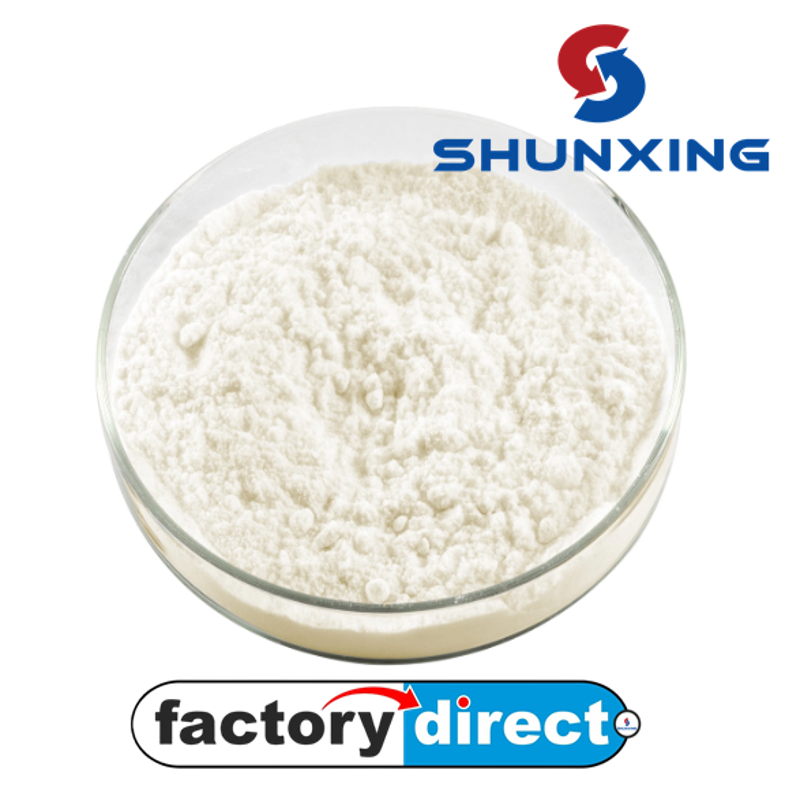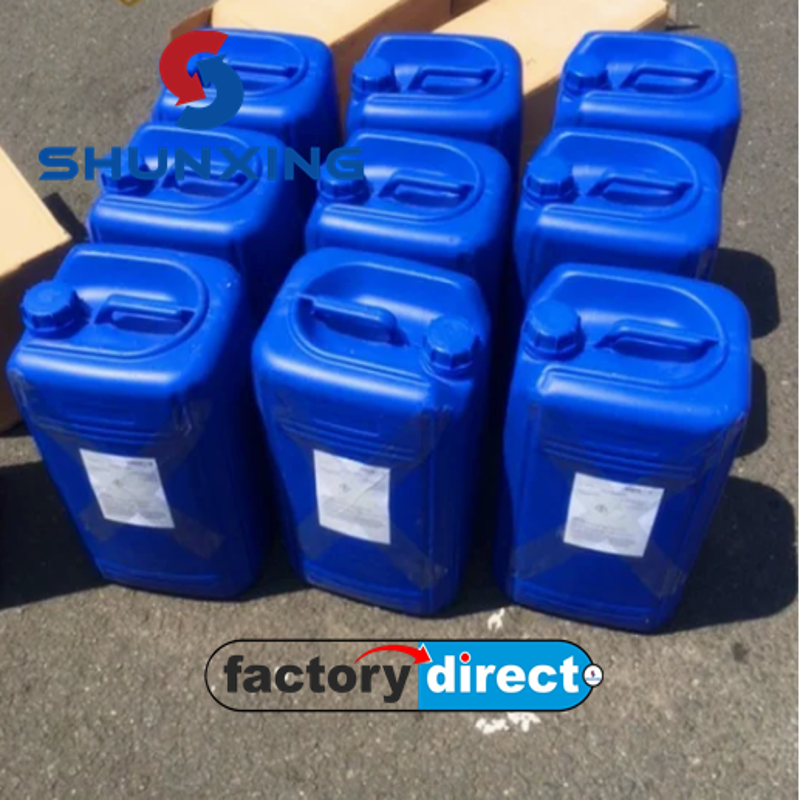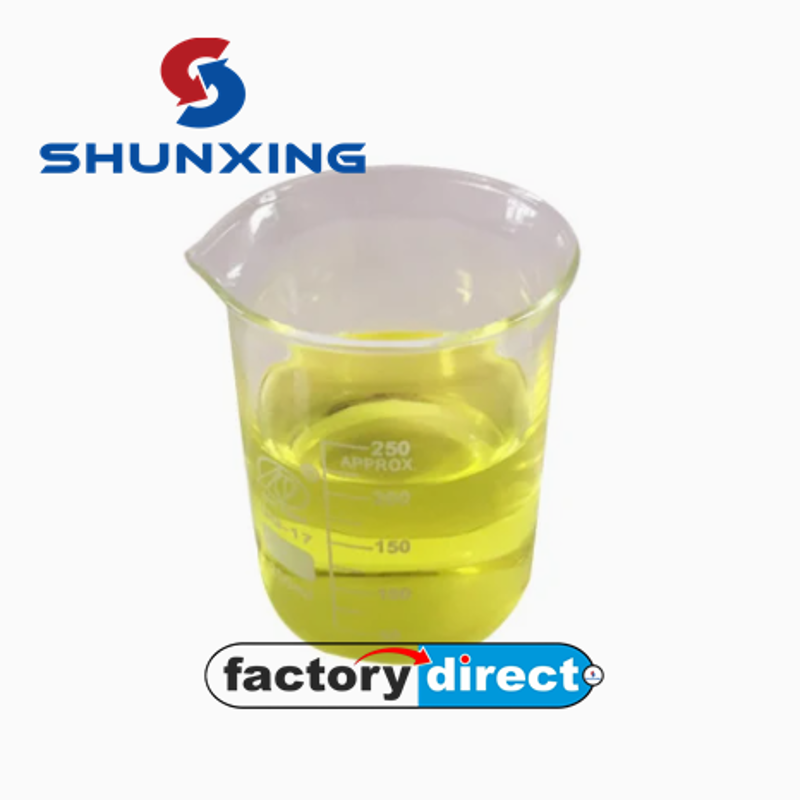-
Categories
-
Pharmaceutical Intermediates
-
Active Pharmaceutical Ingredients
-
Food Additives
- Industrial Coatings
- Agrochemicals
- Dyes and Pigments
- Surfactant
- Flavors and Fragrances
- Chemical Reagents
- Catalyst and Auxiliary
- Natural Products
- Inorganic Chemistry
-
Organic Chemistry
-
Biochemical Engineering
- Analytical Chemistry
-
Cosmetic Ingredient
- Water Treatment Chemical
-
Pharmaceutical Intermediates
Promotion
ECHEMI Mall
Wholesale
Weekly Price
Exhibition
News
-
Trade Service
1.
Qualification barriers China implements strict control over the production of pesticides from manufacturers to production varieties.
The production of pesticide products requires complete "three certificates", that is, the production of a certain variety of pesticides also needs to obtain a pesticide registration certificate and a national industrial product production license Production can only be carried out after the pesticide production approval certificate (applicable to pesticides with national or industry standards for the product) or pesticide production approval certificate (applicable to pesticides with only corporate standards) and the pesticide product quality standard record
.
Obtaining and maintaining the "Three Certificates" has a tendency to improve the production conditions of pesticide companies, the requirements of quality and technical specifications, scientific management and clean production requirements
.
Companies that do not possess the "three certificates" at the same time cannot produce pesticides
.
2.
Technical barriers According to the degree of patent protection of the original pesticides, pesticides can be roughly divided into patented pesticides and non-patented pesticides.
Among them, non-patented pesticides can be divided into expired patented pesticides and non-patented pesticides
.
In terms of patented pesticides, at present, the six major pesticide companies including Syngenta, Bayer, BASF, Monsanto, Dow, and DuPont represent the leading level of global patented pesticide R&D and production by virtue of their strong capital and technical strength
.
With regard to pesticides with expired patents, technical barriers are mainly embodied in the control of residue rate and purity, which are mainly realized through the investment of new production equipment and the breakthrough and optimization of process technology in the production process
.
Small manufacturers with insufficient capital strength and technical strength can hardly guarantee the advancement of technology and product quality through continuous technical investment, thus being passive in market competition
.
3.
Environmental barriers Environmental barriers are mainly embodied in both the pesticide product itself and the production process
.
Regarding the pesticide products themselves, following the "Rotterdam Convention on the Prior Informed Consent Procedure for Certain Hazardous Chemicals and Pesticides in International Trade", the "Stockholm Convention on Persistent Organic Pollutants" and the "Registration and Evaluation of Chemicals" , Licensing and Restriction Act" and other international conventions and national and regional regulations are gradually tightening, and some pesticide products that have significant damage to the ecological environment and human health are prohibited from continuing to use
.
At the same time, for pesticide products that are allowed to be used, environmental indicators such as the residual rate of harmful impurities in them are also becoming stricter.
For example, the maximum content of chlorobenzene in chlorothalonil products specified by the United Nations Food and Agriculture Organization in 1998 is 300 ppm.
At present, this standard has been limited to 40ppm, and some customers have requested to provide 10ppm products
.
The improvement of standards has greatly increased the difficulty of sustained profitability for some manufacturers who are unable to improve their production technology and improve the environmental protection level of their products
.
In addition, the environmental protection requirements for pesticide products also extend to the entire process of pesticide production.
Increasingly stringent environmental regulations require pesticide manufacturers to put the entire production chain from production process control to end treatment under effective environmental protection control, thereby reducing the production of pesticides.
The impact of application on the ecological environment is kept to a minimum, and this control capability is included in the overall assessment of pesticide manufacturers, which increases the difficulty of compliance with pesticide production and sales
.
4.
Customer trust barriers are based on the strict requirements of environmental protection and other regulations.
The quality and environmental compliance of pesticide products directly affect whether they can enter a specific market, especially the European market with extremely high environmental protection requirements
.
Therefore, downstream manufacturers have higher quality and environmental protection requirements for pesticide technical and preparation products.
When selecting suppliers in the early stage, the inspection links are more comprehensive and the verification process is longer.
At the same time, a certain product of a certain manufacturer is obtained in a specific area.
Pesticide registration also requires a certain amount of manpower and material resources; in the process of continuous procurement, it pays attention to timely communication with its suppliers on legal and regulatory requirements and market needs.
This process objectively promotes the improvement of the product quality of the original drug supplier
.
The trust relationship formed after years of cooperation has not only the registration cost already paid as the material basis, but also the requirement to continuously guarantee product quality as the follow-up driving force.
Therefore, the cooperation between each other is relatively stable, and new market entrants want to break through this trust.
The relationship is more difficult
.
5.
Funding scale barriers my country’s pesticide industry implements an entry system, and the state has set higher thresholds for newly approved pesticide companies: the registered capital of the original drug company is not less than 50 million yuan, and the investment scale is not less than 50 million yuan (excluding land Use fees); the registered capital of preparation (processing, compounding) enterprises is not less than 30 million yuan, and the investment scale is not less than 20 million yuan (excluding land use fees)
.
At the same time, judging from the current industry development trend, in order to meet the needs of large downstream customers and ensure the reliability and stability of the quality of pesticide products, pesticide manufacturers usually need to invest in high-performance R&D and production equipment, which are usually expensive Mainly imported equipment, supplemented by high-quality talents with rich industry experience, it is necessary to have the corresponding financial strength to meet the investment in technology, talents, environmental protection and other aspects
.
Third, pesticide products generally need to go through a long period of industry qualification certification and market investigation, which requires companies to have sufficient liquidity to support the operation of the project
.
New entrants in the industry need to have a certain economic scale to compete with existing companies in the market
.
Qualification barriers China implements strict control over the production of pesticides from manufacturers to production varieties.
The production of pesticide products requires complete "three certificates", that is, the production of a certain variety of pesticides also needs to obtain a pesticide registration certificate and a national industrial product production license Production can only be carried out after the pesticide production approval certificate (applicable to pesticides with national or industry standards for the product) or pesticide production approval certificate (applicable to pesticides with only corporate standards) and the pesticide product quality standard record
.
Obtaining and maintaining the "Three Certificates" has a tendency to improve the production conditions of pesticide companies, the requirements of quality and technical specifications, scientific management and clean production requirements
.
Companies that do not possess the "three certificates" at the same time cannot produce pesticides
.
2.
Technical barriers According to the degree of patent protection of the original pesticides, pesticides can be roughly divided into patented pesticides and non-patented pesticides.
Among them, non-patented pesticides can be divided into expired patented pesticides and non-patented pesticides
.
In terms of patented pesticides, at present, the six major pesticide companies including Syngenta, Bayer, BASF, Monsanto, Dow, and DuPont represent the leading level of global patented pesticide R&D and production by virtue of their strong capital and technical strength
.
With regard to pesticides with expired patents, technical barriers are mainly embodied in the control of residue rate and purity, which are mainly realized through the investment of new production equipment and the breakthrough and optimization of process technology in the production process
.
Small manufacturers with insufficient capital strength and technical strength can hardly guarantee the advancement of technology and product quality through continuous technical investment, thus being passive in market competition
.
3.
Environmental barriers Environmental barriers are mainly embodied in both the pesticide product itself and the production process
.
Regarding the pesticide products themselves, following the "Rotterdam Convention on the Prior Informed Consent Procedure for Certain Hazardous Chemicals and Pesticides in International Trade", the "Stockholm Convention on Persistent Organic Pollutants" and the "Registration and Evaluation of Chemicals" , Licensing and Restriction Act" and other international conventions and national and regional regulations are gradually tightening, and some pesticide products that have significant damage to the ecological environment and human health are prohibited from continuing to use
.
At the same time, for pesticide products that are allowed to be used, environmental indicators such as the residual rate of harmful impurities in them are also becoming stricter.
For example, the maximum content of chlorobenzene in chlorothalonil products specified by the United Nations Food and Agriculture Organization in 1998 is 300 ppm.
At present, this standard has been limited to 40ppm, and some customers have requested to provide 10ppm products
.
The improvement of standards has greatly increased the difficulty of sustained profitability for some manufacturers who are unable to improve their production technology and improve the environmental protection level of their products
.
In addition, the environmental protection requirements for pesticide products also extend to the entire process of pesticide production.
Increasingly stringent environmental regulations require pesticide manufacturers to put the entire production chain from production process control to end treatment under effective environmental protection control, thereby reducing the production of pesticides.
The impact of application on the ecological environment is kept to a minimum, and this control capability is included in the overall assessment of pesticide manufacturers, which increases the difficulty of compliance with pesticide production and sales
.
4.
Customer trust barriers are based on the strict requirements of environmental protection and other regulations.
The quality and environmental compliance of pesticide products directly affect whether they can enter a specific market, especially the European market with extremely high environmental protection requirements
.
Therefore, downstream manufacturers have higher quality and environmental protection requirements for pesticide technical and preparation products.
When selecting suppliers in the early stage, the inspection links are more comprehensive and the verification process is longer.
At the same time, a certain product of a certain manufacturer is obtained in a specific area.
Pesticide registration also requires a certain amount of manpower and material resources; in the process of continuous procurement, it pays attention to timely communication with its suppliers on legal and regulatory requirements and market needs.
This process objectively promotes the improvement of the product quality of the original drug supplier
.
The trust relationship formed after years of cooperation has not only the registration cost already paid as the material basis, but also the requirement to continuously guarantee product quality as the follow-up driving force.
Therefore, the cooperation between each other is relatively stable, and new market entrants want to break through this trust.
The relationship is more difficult
.
5.
Funding scale barriers my country’s pesticide industry implements an entry system, and the state has set higher thresholds for newly approved pesticide companies: the registered capital of the original drug company is not less than 50 million yuan, and the investment scale is not less than 50 million yuan (excluding land Use fees); the registered capital of preparation (processing, compounding) enterprises is not less than 30 million yuan, and the investment scale is not less than 20 million yuan (excluding land use fees)
.
At the same time, judging from the current industry development trend, in order to meet the needs of large downstream customers and ensure the reliability and stability of the quality of pesticide products, pesticide manufacturers usually need to invest in high-performance R&D and production equipment, which are usually expensive Mainly imported equipment, supplemented by high-quality talents with rich industry experience, it is necessary to have the corresponding financial strength to meet the investment in technology, talents, environmental protection and other aspects
.
Third, pesticide products generally need to go through a long period of industry qualification certification and market investigation, which requires companies to have sufficient liquidity to support the operation of the project
.
New entrants in the industry need to have a certain economic scale to compete with existing companies in the market
.







